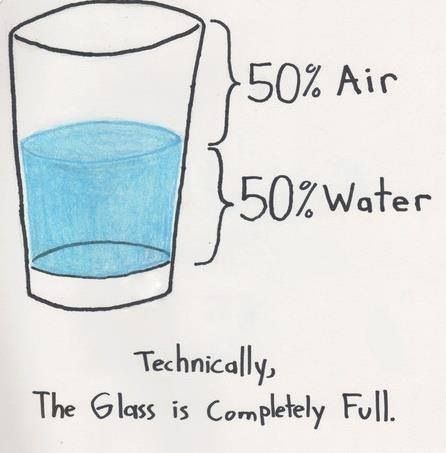Title: Why Politics Are So Divided in America — Is Our Diversity Fueling the Fire?
Political Derangement Syndrome

America’s political landscape feels like a never-ending battlefield. Left vs. right, red vs. blue — the divide is sharp and emotional. But this split isn’t just about policy preferences. Much of the conflict stems from the deep diversity within our population. While diversity is often touted as a strength (and it can be), it also introduces friction when identity becomes entangled with ideology. Let’s break down the key areas where diversity intersects with division:
Race
Race has always played a role in American politics, from slavery and segregation to affirmative action and criminal justice reform. Today, political affiliation often follows racial lines. Black Americans overwhelmingly vote Democrat, while a majority of white Americans lean Republican. Hispanic and Asian-American communities are more varied, but still trend toward the left.
These racial divides aren’t just about color — they reflect real differences in life experience, treatment by institutions, and views on what needs fixing in America. When one group sees systemic racism and another sees personal responsibility, consensus is nearly impossible. The conversation devolves into accusation and defensiveness instead of honest problem-solving.
Religion
America’s religious diversity has grown over the past few decades. While we were once broadly Protestant-Christian, we’re now a patchwork of faiths — Catholic, Muslim, Jewish, Hindu, Buddhist, and an increasing number of “nones” (atheist, agnostic, or spiritual-but-not-religious).
Religious conservatives tend to gravitate toward the GOP for its stances on life, marriage, and religious liberty. On the flip side, progressives often champion secularism, LGBTQ+ rights, and a strict separation of church and state. The result? Fundamental disagreements about morality and law. When one side sees a policy as a constitutional right and the other sees it as a moral abomination, compromise feels like surrender.
Gender
The political divide around gender has intensified in recent years. Issues like abortion, transgender rights, equal pay, and gender identity spark fierce cultural and legal debates. Women lean more Democrat, while men are more split, especially among white males who tend to vote Republican.
The addition of non-binary and trans identities has added more complexity. Progressive politics generally advocate for broader gender recognition and inclusion, while conservatives often view this as a threat to traditional norms or biology. Once again, disagreement over identity turns into a values clash — and that creates a divide that isn't just political but deeply personal.
Income and Class
Economic inequality feeds political resentment. Wealthier Americans tend to vote their financial interests — often leaning Republican due to tax policy — while lower-income voters, especially in urban areas, favor Democrats for social safety nets and labor support.
But even within classes, the story is complicated. Working-class white voters in rural areas have flocked to the GOP in recent years, feeling abandoned by liberal elites. Meanwhile, affluent coastal progressives dominate cultural institutions but advocate for economic redistribution. Each side believes the other is out of touch — or worse, actively undermining their way of life.
Education
Education is a major predictor of political leanings. College-educated voters are more likely to identify as liberal, while non-college voters, particularly in rural areas, are often conservative. Higher education also influences how people view race, gender, and America’s role in the world.
This gap creates a sort of “cultural arrogance” where both sides think the other is either ignorant or elitist. It breeds distrust and erodes civil dialogue — the educated left thinks it knows best, and the working-class right believes it’s being talked down to. Nobody wins that argument.
Geography and Culture
Urban vs. rural is perhaps the biggest fault line in American politics today. Cities, with their diversity, density, and progressive cultures, vote blue. Suburbs and rural towns, where traditional values still hold sway, vote red.
Geography affects how people see the world — and each other. Urbanites may see rural voters as backward or bigoted; rural voters may see urbanites as arrogant and morally unmoored. When where you live dictates how you vote, national unity becomes a logistical nightmare.
Conclusion: Can We Be United if We Don’t Share a Vision?
Diversity isn’t inherently bad. In fact, it should be a strength — offering multiple perspectives and ideas to solve common problems. But without a shared national identity, common purpose, or willingness to listen across lines, diversity becomes tribalism.
Instead of e pluribus unum ("out of many, one"), we get many — and stay many. Not because we can’t agree on everything, but because we’ve forgotten how to agree on anything.
Until we stop treating politics as a weaponized extension of identity, America’s diversity will continue to divide us rather than unite us. It’s not diversity that’s the problem — it’s what we do with it.











